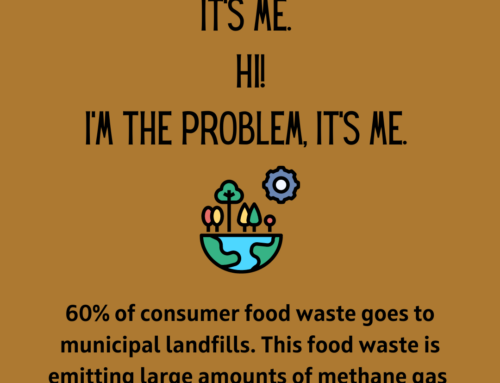As a nutrition communication consultant I occasionally write about topics related to the food industry clients I may serve, but my blog topics, thoughts and opinions are my own.
Sometimes I enjoy a diet cola. I’m not the type of person who is brand loyal, I buy what’s on sale. I may have one or two a week, max, but when I feel like having one, I have no problem enjoying it. Recently, CNN posted an article advising you to give up diet soda. On what grounds you ask? Well, shaky ones. It’s sad, but not surprising, that mainstream “news” channels are pushing sensationalized topics that grab headlines which they think people want to read about. Blaming the citric acid in the soda for ruining your smile? Citric acid is a common ingredient, and too much of any soda or fruit juice could have negative implications on your teeth.

Image courtesy of tiverylucky / FreeDigitalPhotos.net
Sadly however, consumers lose since what they may assume is a factual, reliable news source, turns out to offer falsified, sensationalized information. I’d give them a break if perhaps they reported the information in an investigative way – delivering the report about a recent study, but then interviewing experts that can analyze the research and offer professional views. Instead, they simply used a misleading headline, and provided “fluffy” information without questioning another side to the story. Terms such as “chemical cocktail” are misleading, and are used solely to create hype around a topic.
Like most things, artificial sweeteners should be consumed in moderation. The fact that something is “sugar free” doesn’t mean you should go overboard. They can serve as an effective means to reduce calories, or reduce sugar, especially for people with diabetes. They should not however be substituted obsessively to all foods or beverages. An occasional diet soft drink is one thing, but using non-nutritive sweeteners in every instance may not be necessary when simply eating a smaller portion of a food can control both calories and blood sugar levels.
Some recent research has suggested that sucralose (the sweetener used in Splenda®) causes blood glucose to rise, and therefore an insulin response in obese subjects. The research is still preliminary, and it does not speak for all non-nutritive sweeteners, nor the overall moderate use and safety of non-nutritive sweeteners.
Other than water, fruits and veggies, you should limit most things in your diet. Moderation is a concept that you need to continue to understand and achieve in your diet and lifestyle.





I couldn’t agree more that all sweeteners – both caloric and non – should be used in moderation, but can be enjoyed as part of a balanced diet. I also want to reinforce that the sucralose study was preliminary and inconclusive, so we can continue to use this product as recommended. Robyn Flipse, MS, MA, RDN